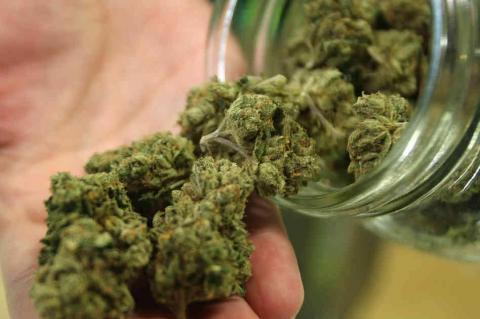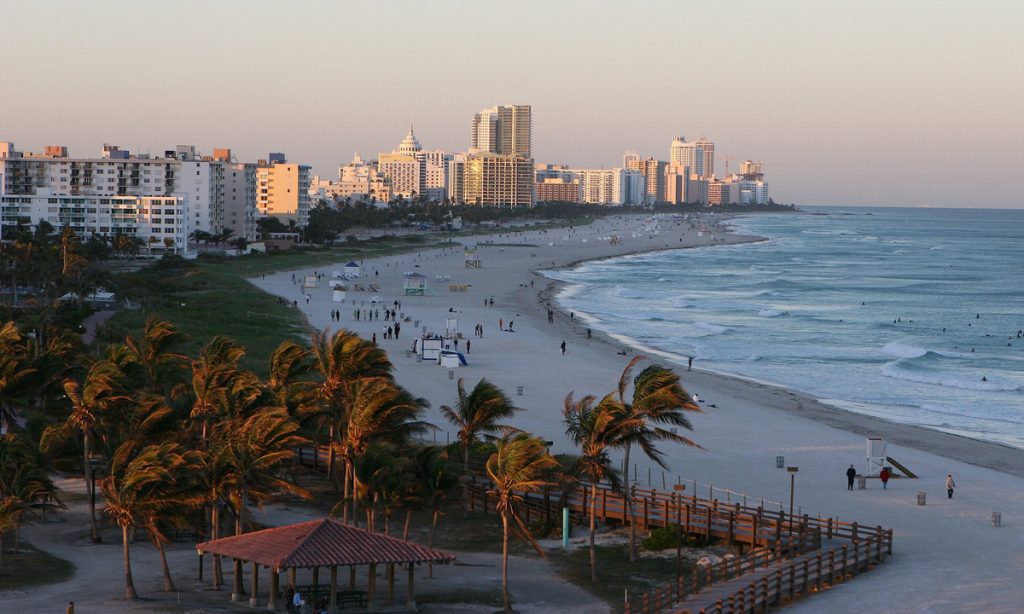Denver efforts to clear marijuana-related convictions from criminal records starts slowly
Despite much fanfare, Denver’s attempt to help people shed the burden of minor marijuana convictions experienced a slow start.
Extremely slow.
In Denver, 60 people have successfully vacated their convictions in the city program’s first six months — less than 1% of the more than 13,000 eligible for expungement, according to city data. In Boulder, 11 people have cleared their record of the at least 4,000 people eligible, according to the Boulder County District Attorney’s Office.
Seven years after legalization and two years after state lawmakers passed a bill allowing expungement, city leaders and prosecutors are struggling to guide people through a complex process to erase minor pot convictions. The process can be lengthy and often requires digging through court records — if those documents can be found.
Ashley Kilroy, director of Denver’s Department of Excise and Licenses which oversees the city’s Turn Over a New Leaf program, said she is happy about Denver’s numbers. She expected turnout to be low based on the experience of other cities that have instituted similar programs.
“I think we did the best we could,” she said.
Hundreds more applied to the programs, but were ineligible because their case happened in other jurisdictions or because they were convicted of charges that don’t qualify for expungement. The city department has started working in the jails to contact people who may be eligible.
Convictions of even low-level marijuana offenses can affect people’s ability to get a job, secure a loan, gain admission to educational programs and their ability to travel, Kilroy said.
It’s difficult to point out exactly what caused the low turnout, Kilroy said. The city attempted to address barriers such as transportation by providing ride-share coupons and scheduled the clinics at different times so people with different work schedules could attend.
In a Denver city report issued last month, city attorneys said it’s often unclear who is eligible for the program under the law. The law allows expungement of criminal actions that would not be considered illegal after legalization.
“Without detailed records the nature of the charged violation may be unclear,” the report states. “For example, a conviction for the possession of drug paraphernalia may be related to marijuana, or it may be related to methamphetamine or cocaine.”
States that recently legalized marijuana have included provisions that would automatically expunge low-level marijuana convictions, said Sam Kamin, professor of marijuana law and policy at the University of Denver. States such as Illinois have put the onus on the state to automatically erase eligible convictions. But Colorado, being the first state to legalize, did not.
“Tying expungement to legalization is a relatively new phenomena,” Kamin said.
Some California prosecutors decided to automatically dismiss or reduce more than 54,000 marijuana convictions after applications for expungement there were lackluster. The prosecutors will use a computer algorithm to quickly identify the cases that are eligible.
In Colorado, however, people with convictions have to initiate the expungement process. In cities where no program exists, people often must hire a lawyer to file a motion for them. And the court processing fee is $65. They also must pay $28 for the Colorado Bureau of Investigation to erase the conviction from appearing on background checks.
Boulder County District Attorney Michael Dougherty said it’s unclear whether Colorado prosecutors can unilaterally vacate convictions without defendants’ input.
“I don’t want to say it’s not possible but there are different schools of thought,” he said.
Expungement isn’t a simple process, Kamin said. Some people may have been charged with a crime that isn’t eligible for expungement — such as selling marijuana — but pleaded down to a lesser charge that is eligible. Some court files do not show exactly what drug the person was arrested for possessing, he said.
“You’re retrying this case many years later,” Kamin said.
One solution lawmakers could consider would be directing the Colorado Bureau of Investigation to clear all eligible convictions from their backgrounding system, Dougherty said. While it won’t affect the court cases, it would prevent the convictions from showing up on a background check.
Denver’s Department of Excise and Licenses estimated it spent $26,500 on staff time to plan and host five clinics. It also spent about $7,000 in court fees and for advertising. It did not calculate how much time staff spent processing applications.
Eric Escudero, spokesman for the Excise and License department, said the program is attempting to address some of the social injustices spawned by a decades-long war on drugs.
“It’s not going to take six months or one year to undo that,” he said.




